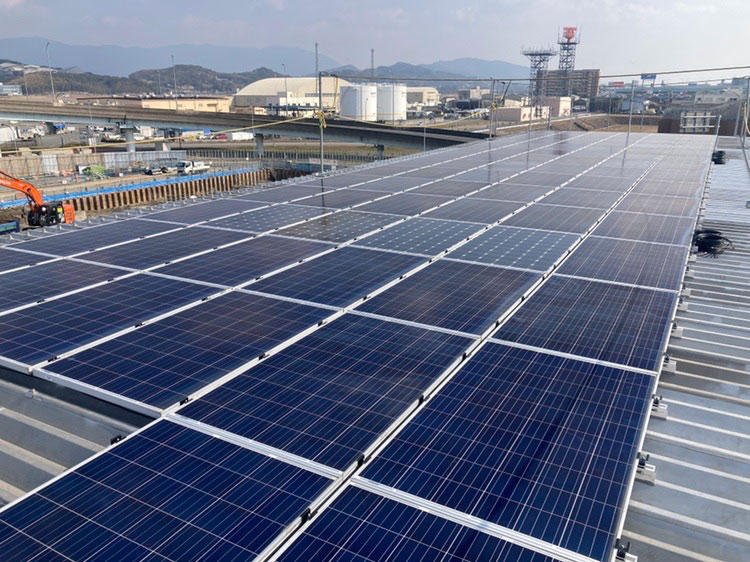Japan's Taisei Corp. has revealed that it has used second-life solar panels at the construction site at Fukuoka Airport, the main airport on the Japanese island of Kyushu.
The company said the reuse of the panels is intended at improving the carbon footprint of the construction site and also at testing the performance of the PV modules for future applications where power production must be ensured for a limited amount of time and not the usual 25-year timeframe.
Japan-based industrial group Hamada Co., Ltd. provided the panels for the construction site. The company is also active in the solar panel recycling business, as well as in the supply of second-life modules.
Hamada also said it is currently seeking to increase the sales of second-life panels in the Kanto, Kansai, and Kyushu regions.
“Most of the reused panels are exported overseas, but by building a market here, it will be possible to properly dispose of solar panels that have reached the end of their life in Japan,” the company said.
In May 2021, the Japanese Ministry of Environment issued a guide outlining recommendations for the appropriate reuse of PV modules. The guidelines prioritize reuse over disposal or recycling and establish contractual terms, inspection procedures, and packaging methods for buyers and sellers involved in module reuse.
This content is protected by copyright and may not be reused. If you want to cooperate with us and would like to reuse some of our content, please contact: editors@pv-magazine.com.




Good day
How old are these panels that are being re-used? Have they completed their indicative 25 years cycle?